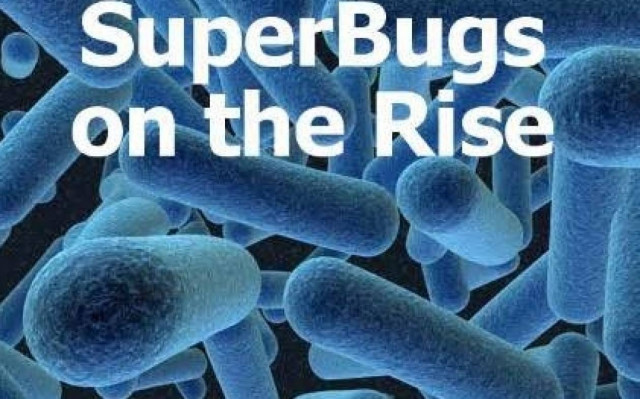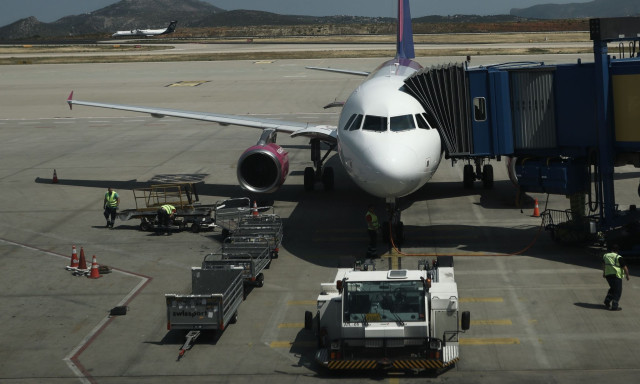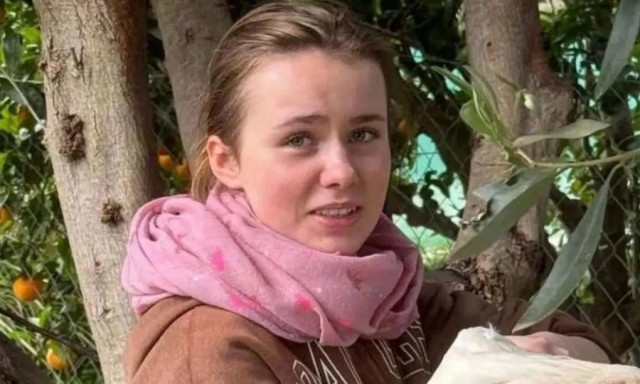Health: Superbugs to cause million deaths by 2050
Drug resistant infections will kill an extra 10 million people a year worldwide - more than currently die from cancer - by 2050 unless action is taken.

Drug resistant infections will kill an extra 10 million people a year worldwide - more than currently die from cancer - by 2050 unless action is taken, a study says.
They are currently implicated in 700,000 deaths each year. The analysis, presented by the economist Jim O'Neill, who was appointed by British prime minister, David Cameron in July, to head a review of antimicrobial resistance.
The analysis was based on scenarios modelled by researchers Rand Europe and auditors KPMG. They found that drug resistant E. coli, malaria and tuberculosis (TB) would have the biggest impact.In Europe and the United States, antimicrobial resistance causes at least 50,000 deaths each year, they said. And left unchecked, deaths would rise more than 10-fold by 2050.
Mr O'Neill is best known for his economic analysis of developing nations and their growing importance in global trade. He coined the acronyms Bric (Brazil, Russia, India and China) and more recently Mint (Mexico, Indonesia, Nigeria and Turkey). He said the impact of the would be mostly keenly felt in these countries.
"In Nigeria, by 2050, more than one in four deaths would be attributable to drug resistant infections, while India would see an additional two million lives lost every year."
The review team believes its analysis represents a significant underestimate of the potential impact of failing to tackle drug resistance, as it did not include the effects on healthcare of a world in which antibiotics no longer worked.
Laura Piddock, professor of microbiology at the University of Birmingham, is focusing her research on bacteria such as E. coli and salmonella, which are responsible for a growing level of drug resistant infections.
Both are so-called gram-negative bacteria, which have a complex cell wall that acts as a barrier to drugs. If they do penetrate the wall, they are "vacuumed out" by the cell.
She said: "My team is looking at what are the switches in those bacteria which turn that vacuum cleaner off, and at molecules which would have the same effect. If we can do that, we can make the bacteria sensitive to antibiotics." She also pointed out the need for more investment and new business models " to ensure the pipeline is filled with promising molecules, to ensure that we can solve this problem, and make sure the drugs are there when patients need them."
(Source: BBC, Guardian)
Διαβάστε επίσης
























